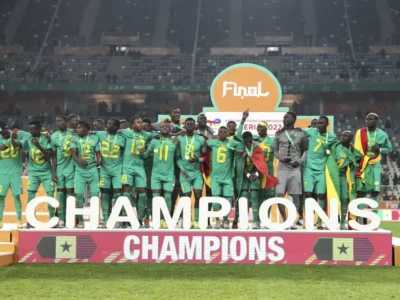Zambia and Zimbabwe should consider developing large-scale solar farms to diversify their energy sources and generate electricity for regional exports, Zimbabwe’s Vice President Constantino Chiwenga has suggested.
Speaking at an energy summit in Victoria Falls in Zimbabwe on Monday, Chiwenga emphasized the need for alternative energy solutions to mitigate the impact of reduced hydropower generation.
The summit was attended by Zambia’s Energy Minister, Makozo Chikote.
“These initiatives will not only enhance power generation but also provide a much-needed economic boost,” Chiwenga said, as quoted by Mining Weekly.
The two countries rely heavily on the Kariba Dam, which has been hit hard by declining water levels due to severe drought.
The reservoir is currently at just 2.4 percent of usable storage, down from 15.5 percent a year ago, according to the Zambezi River Authority.
This has slashed Kariba’s power output to about 10 percent of its installed capacity of 1,050 megawatts, resulting in prolonged outages that have disrupted industries, including mining and agriculture.
Read more: Solar industry leaders warn of consequences of abandoning Zambia’s integrated energy resource plan
“The over-dependence on hydropower has exposed the vulnerability of our energy mix,” Chiwenga said, calling the crisis a wake-up call for both nations to diversify their energy sources.
Zambia’s Energy Minister Makozo Chikote told delegates that the country is prioritizing solar energy development to address the power shortfall.
The summit brought together public and private stakeholders to explore solutions to the energy challenges facing both nations.
WARNING! All rights reserved. This material, and other digital content on this website, may not be reproduced, published, broadcast, rewritten or redistributed in whole or in part without prior express permission from ZAMBIA MONITOR.












Comments